Gambling or player choice? The furious debate around FIFA’s loot box system
Such systems are now commonplace, but their impact on player behaviour is fiercely debated.
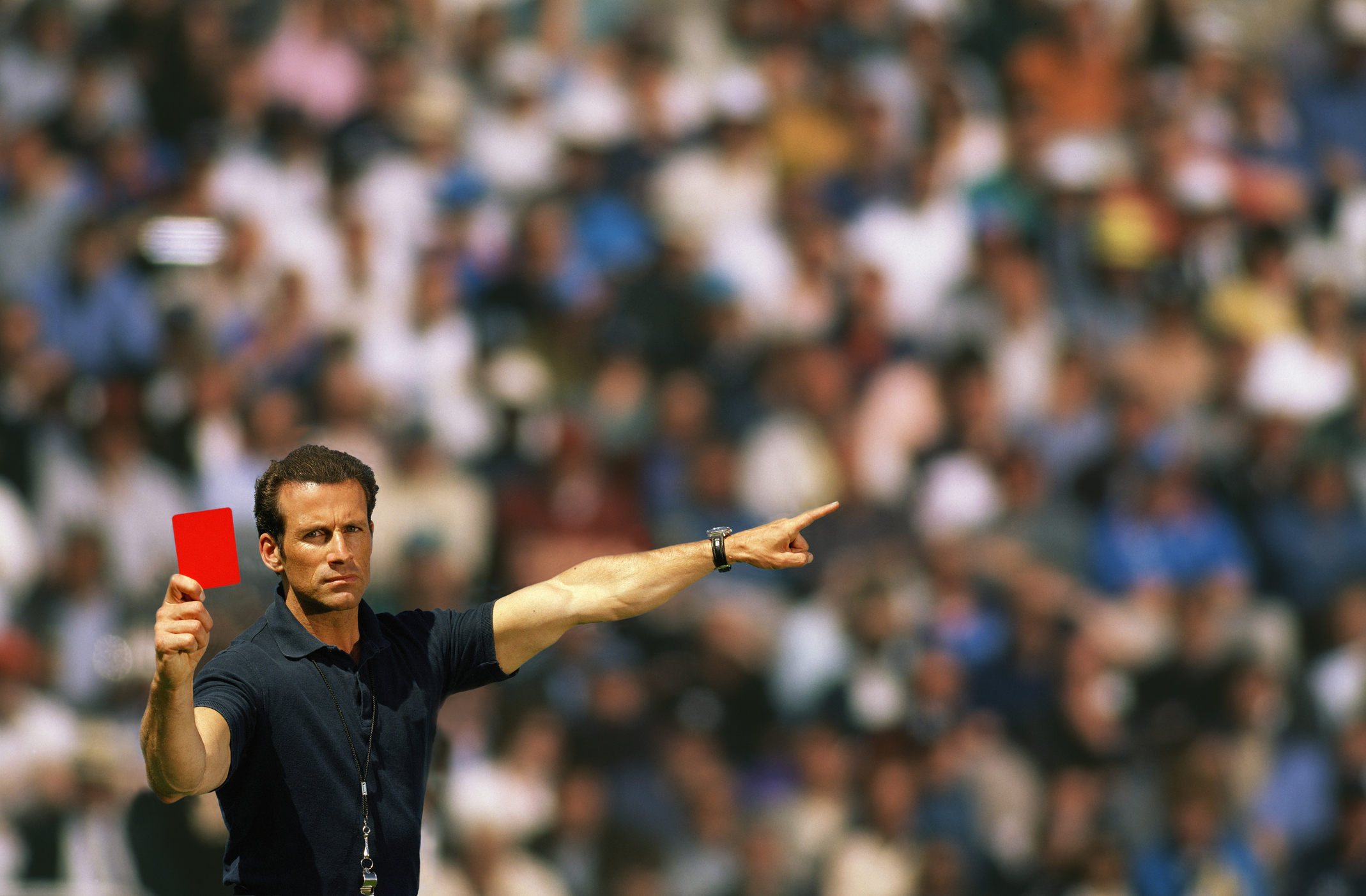
The pageantry when opening FIFA’s Ultimate Team packs is an inviting spectacle. The bright colours, the drama and, if you are very lucky and land a special card, the walk-out, fireworks and confetti raining down. Cracking open a FUT pack creates a carnival atmosphere.
FUT has become a core part of the game’s experience since its debut in FIFA 09. At launch one million players used the service and, in May 2021, EA announced that the number had risen to 30 million for FIFA 21 in an interview with Eurogamer.
Millions of players are making their own dream teams. Pairing Ronaldinho with Kylian Mbappe or Dennis Bergkamp with Robert Lewandowski. But that, in large part, is when players begin to see the catch.
The road to acquiring the best players takes one of two things: time or money. Even then, with both of those things invested, there is an element of luck in landing the player to make a team complete.
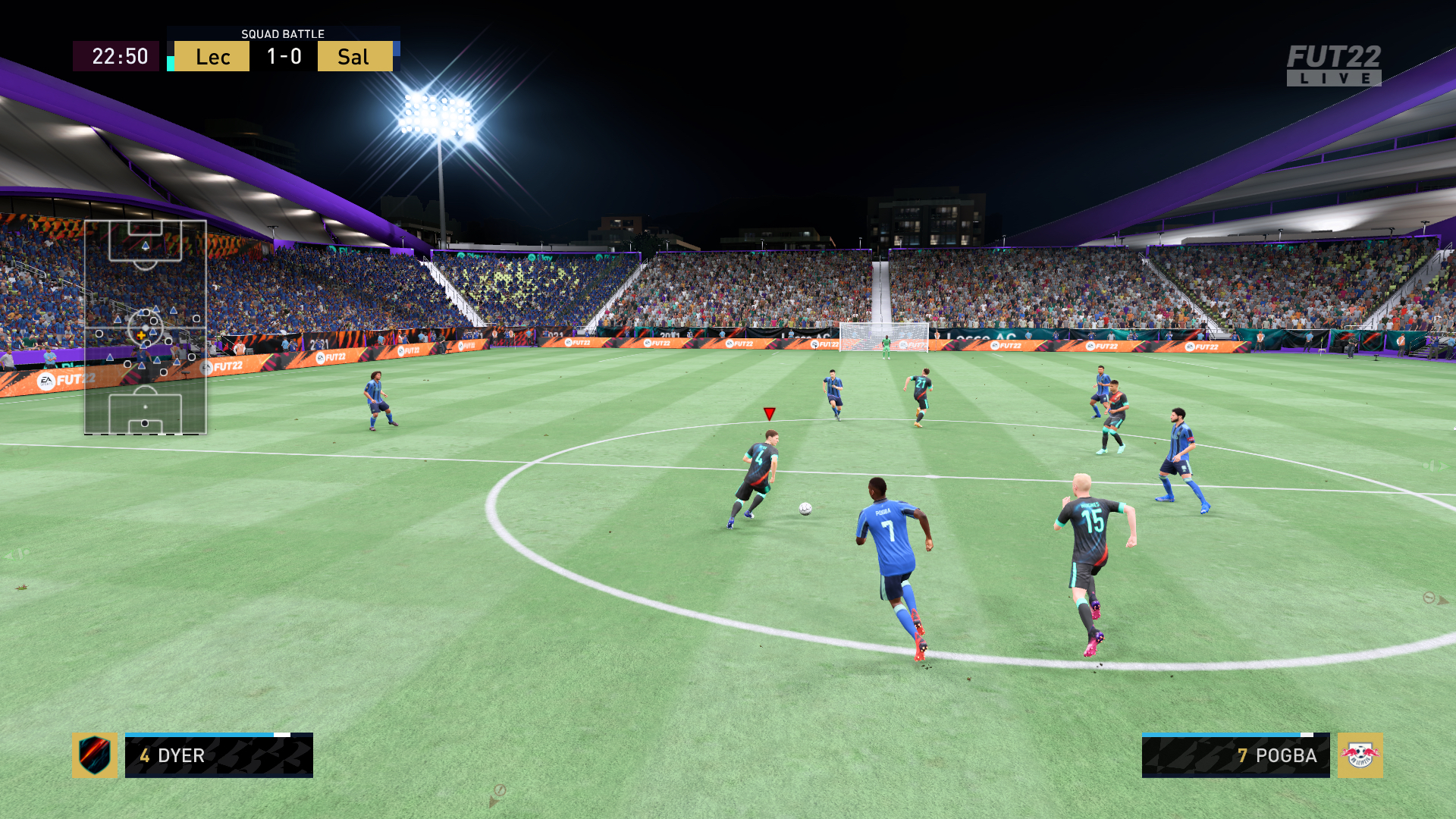
Regulation
"When you are scared of anything, or something new comes along, like loot boxes, and you don’t like it, you ban it."
Dr. Anthony Bean
The mode has come under scrutiny for being emblematic of 'loot box' systems in games: exhibit A in the ongoing argument between players, publishers and regulators about exploitative monetisation in games. The debate can become especially impassioned around FUT because, while EA may say it doesn't want children spending money in FIFA, anyone who's been around football-mad teenagers knows that they do.
In 2018, Belgium banned loot boxes, classing them as gambling, ironically with the release of Star Wars Battlefront II, an EA published game. Belgian MPs declared that in-game purchases where the player does not know the contents until after buying it would be banned for users under 18. In 2020, Holland fined EA 10 million euros for violating the gambling act in the country. Both decisions have divided opinion within a nuanced argument.
"When you are scared of anything, or something new comes along, like loot boxes, and you don’t like it, you ban it," says clinician and video game researcher Dr. Anthony Bean. "I think Belgium banned them prematurely. It is not going to solve the problem, you are just trying to take an authoritarian point of view on it rather than being able to understand what the cause of it is and regulating it better."
Keep up to date with the most important stories and the best deals, as picked by the PC Gamer team.
In the UK, loot boxes are not classed as gambling. Yet an investigation by the Department for Digital, Culture, Media and Sport, started in 2019, is assessing if this should remain the case. The government commissioned Abertay University to assess evidence obtained in June 2020. The hope is a report will be issued by the end of this year.
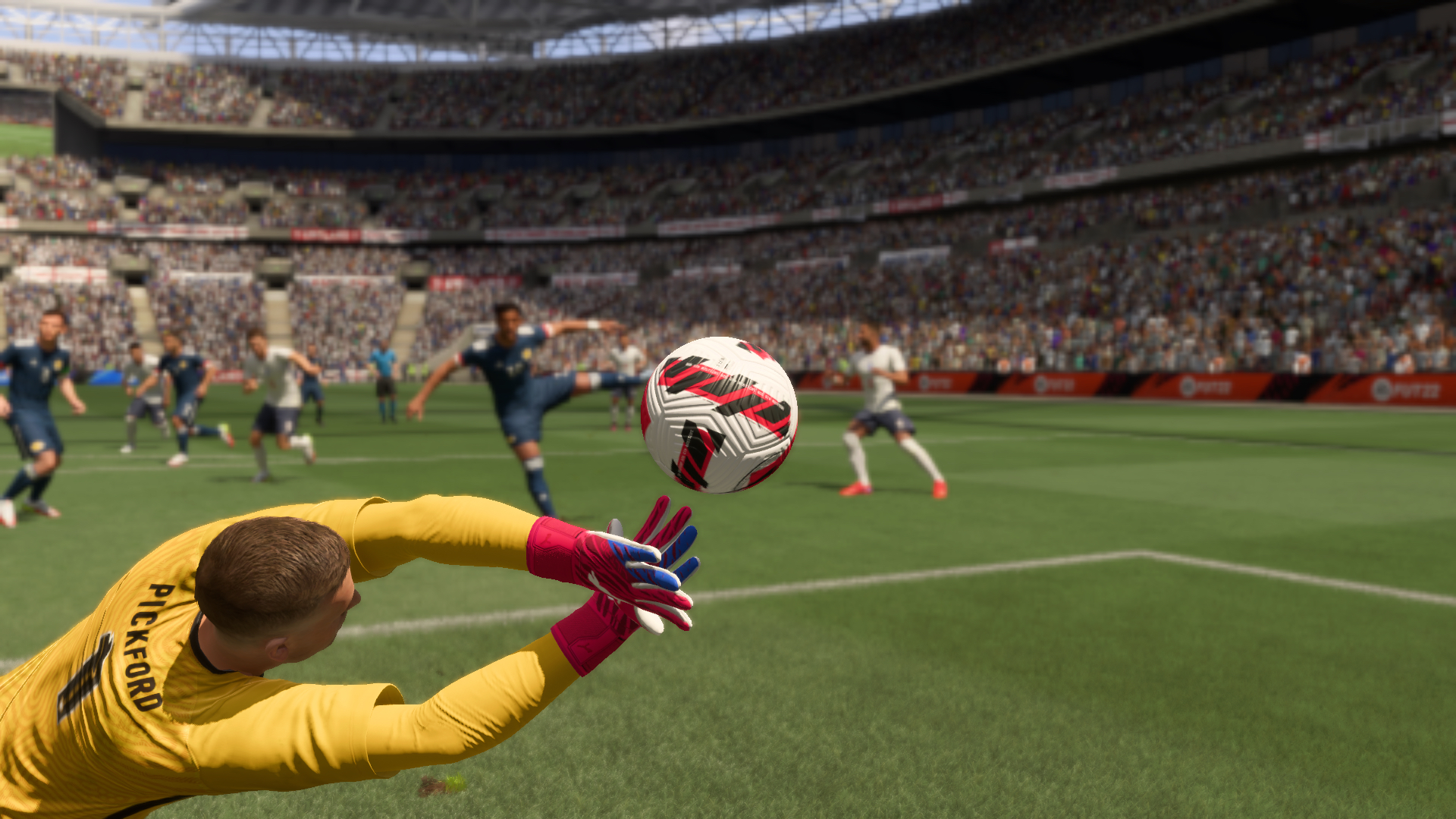
Gambling or Player Choice?
"I do not think there is sufficient evidence that loot boxes are analogous to gambling."
Dr. Rachel kowert
Regardless of where one stands on banning loot boxes, it has opened up a debate around whether having them within a game is a form of gambling or if they represent player choice.
"Spending is entirely optional in our game. Players can open FUT packs by earning rewards through gameplay and that’s how most choose to do it—more than three quarters of FIFA 21 players didn't spend in game, and 9/10 FUT packs opened in FIFA 21 were earned rather than purchased," said EA's Chris Bruzzo in a statement.
"I do not think there is sufficient evidence that loot boxes are analogous to gambling," research psychologist Dr. Rachel Kowert told PC Gamer when asked about the ban. According to Dr. Kowert, if the game can be played without spending extra money to open loot boxes, and the choice is the user’s to purchase them, the question then goes into fuzzier territory. If the loot box implementation is playing a role in the game becoming unbalanced, for example, with players experiencing big gaps in the quality of their items, then that clouds the argument.
"I agree that it is player choice," says Dr. Kowert. "But if the loot box item gives somebody an in-game advantage—you get a good gun or player—and I don’t have it and now you beat me because of it... That is going to draw into a player’s desire. Their player choice will be influenced because players will really want to keep opening loot boxes until they get something similar."
It is an opinion shared by Dr. Bean, who believes that while choice is available to players there are subtle psychological mechanisms at play which influence decisions, and therefore may have elements of gambling in them.
"I am not the biggest fan of loot boxes," says Dr. Bean. "I don’t think they are beneficial because they are a form of variable reinforcement."
Variable reinforcement is a mechanism which changes the reward for a given action, making the desired result unpredictable.
"That variable reinforcement tells you that at some point you are going to get this good thing, so it keeps you buying them," Dr. Bean continues. "That’s where the gambling comes into play. It is getting people to keep spending money."
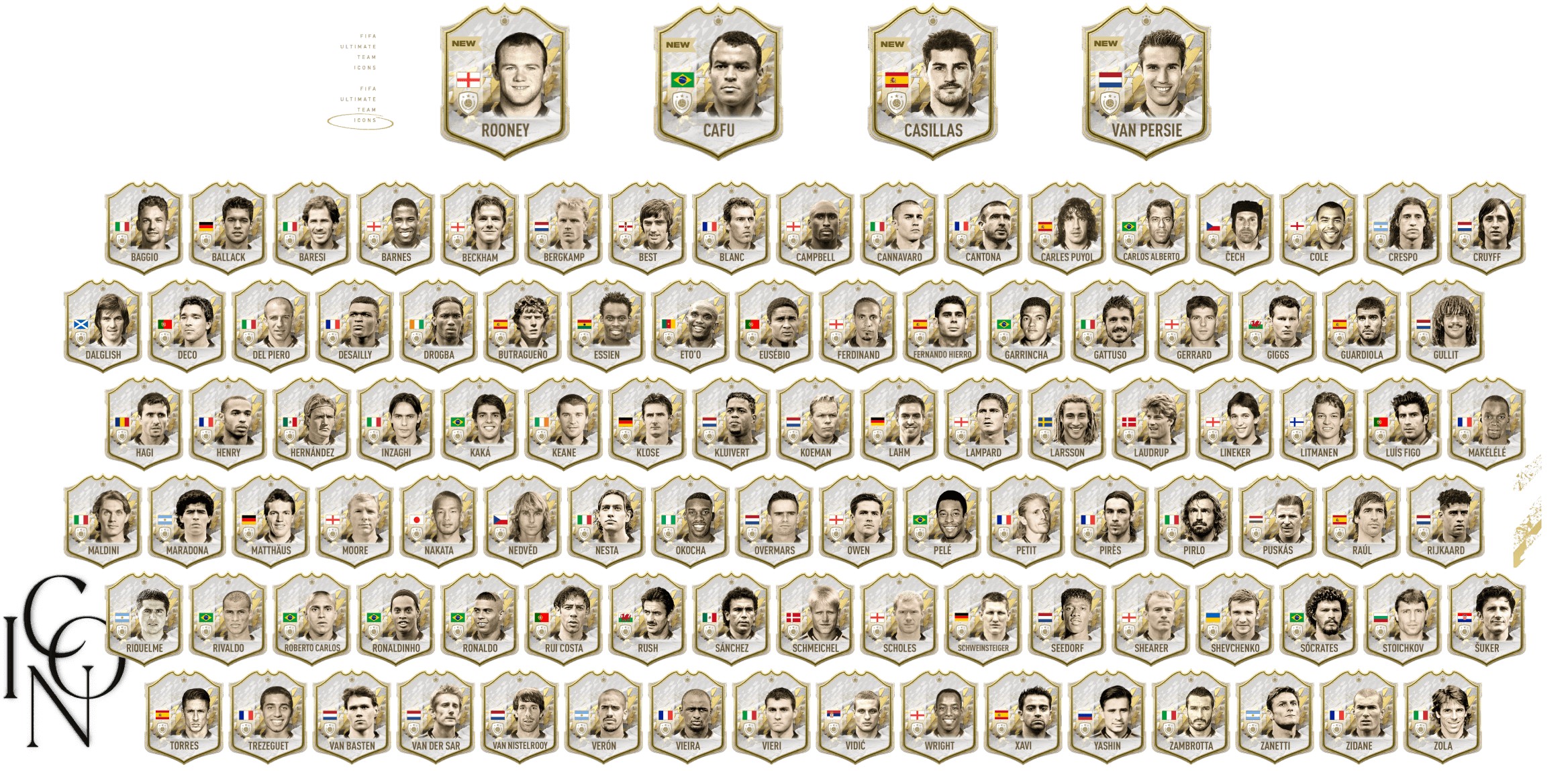
These systems now seem ingrained in video games and, as the market has become one of the biggest in the entertainment industry in the last decade, loot boxes could be seen as a new problem. But Dr. Kowert argues against this, saying it is simply an old method repackaged in a digital skin, and therefore not analogous to gambling.
"This kind of reinforcement has been around for ages. Pokémon cards, baseball cards, Kinder Surprise and loot boxes all work on the same psychological mechanism. You may get something that you want, you may get something that you don’t want but either way you are getting something. Now the fact that it is really good or not so good, that is what keeps us going."
That argument doesn't curry favour with Dr. Bean, largely due to the volatile nature of the random items.
"I think they do have a gambling aspect to it," he says. "Gambling in itself is regulated because people know the harm it can do—there are ways around that though. It is a roulette wheel of some sort. Yes, you get something out of it but that something just makes you feel better. It is like giving you one dollar and then getting something back worth 20 cents. It is based on a chance that your one dollar might get you something back for 20 dollars. I would argue that it is still gambling."
"Are they shady ethically? Perhaps. The mechanism does draw us in—that the big rewards are sporadic—we want to keep buying and see the rewards."
Dr. Rachel Kowert
Though Dr. Kowert leans towards the argument that loot boxes are not gambling, she also reckons that video game companies could do more to be transparent about some of the mechanisms at play.
"Are they shady ethically? Perhaps. The mechanism does draw us in—that the big rewards are sporadic—we want to keep buying and see the rewards. It is an enticing mechanism in games and they are designed to be enticing."
Those mechanisms have led to players spending hundreds, sometimes thousands of pounds buying packs to acquire the best players in the game. A quick google search will throw up plenty of news stories on family bank accounts being drained, debts being mounted up and the struggle to try and reclaim some of the lost money.
"Our prefrontal cortex, which makes decisions, is not fully formed until about age 25," Dr. Kowert explains. "So theoretically people under that age would be more vulnerable in the sense of not having as much self regulation."
A lot of the fear centres around children spending the money, sometimes perhaps unknowingly, to obtain in-game currency and then to spend on FIFA points. Dr. Bean says what he has seen from his patients is that the distinction is not so cut and dry.
"Kids who understand money and money concepts are less likely to be susceptible to that. But if a kid does not understand money, it could take a couple of months or years to understand how money works. Some kids don’t understand that. I would say that it is likely to prey on that type of mindset."
"Very few people want to wait for anything, but I think the fact that you can grind to get packs and players is the key," Kowert counters. "It is player choice. I can grind for however long or I can choose to pay for it."
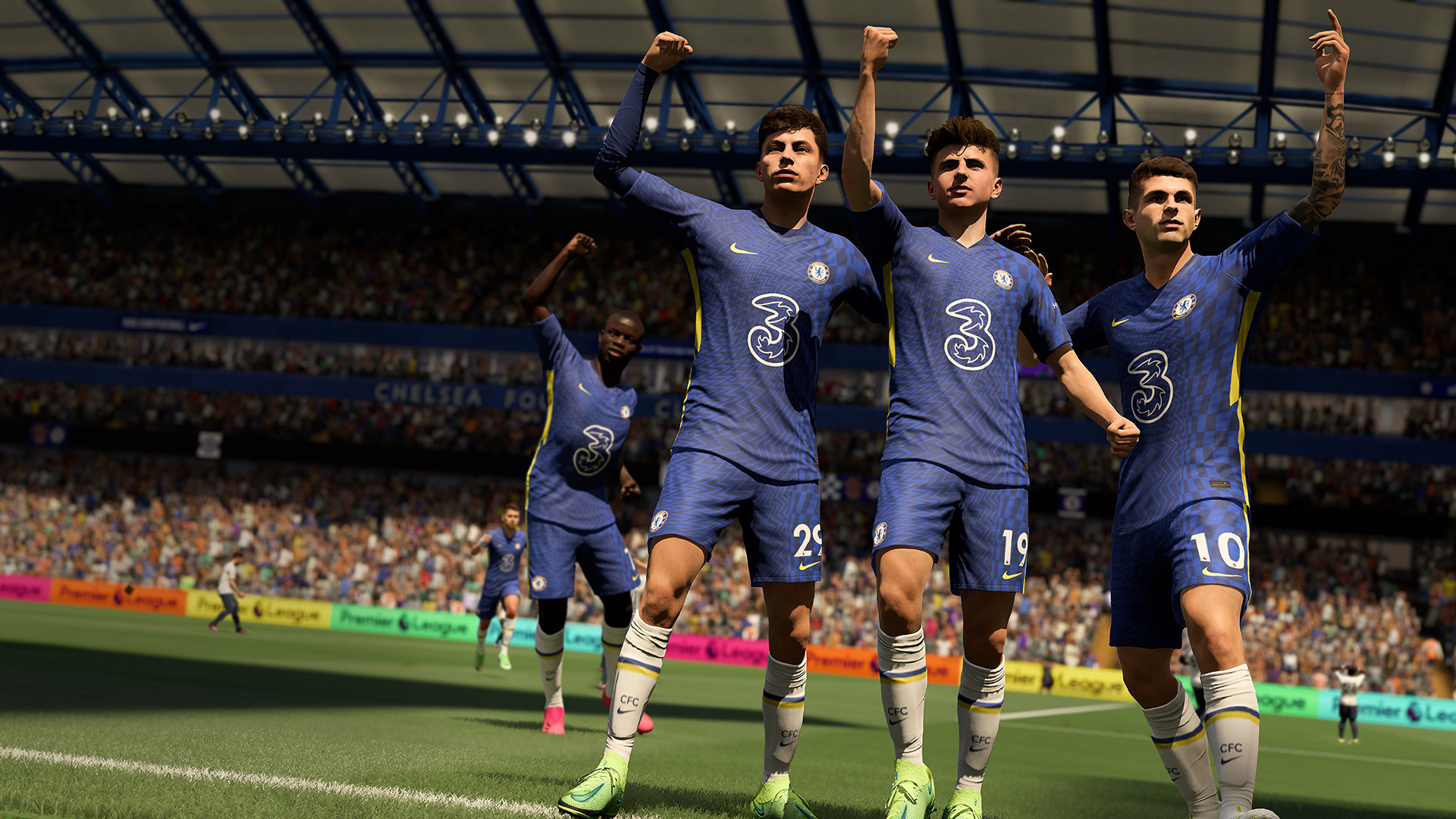
The Gravy Train
EA did acknowledge that they need to do work on "real solutions" in an interview with Eurogamer to stop players from overspending on loot boxes on all their games. Part of that solution was offering `preview packs’, which allow the player to see the specific items inside before deciding if they want to proceed with the purchase, either with in-game coins or FIFA points.
Another element EA is keen to stress, particularly from the standpoint of children playing the games and parents not understanding them, is about education and having information available.
"We also want all our players to have a positive experience, which is why we look to provide as much information and control to players and parents as possible," Bruzzo said in a statement to PC Gamer. "Last year, for example, we introduced FIFA Playtime, a dashboard that provides players with visibility into their time played, packs opened and points purchased. Meanwhile, this year we launched a new campaign with Internet Matters to help parents and carers ensure children play video games responsibly by raising awareness of the robust parental control tools available."
The debate over FUT packs is complex, and even psychologists can’t agree on how the use of such techniques in video games is impacting player behaviour. It is recognised there are elements of gambling in such systems, which can influence player choice, but there's no consensus for conflating loot boxes with what we could call 'real money' gambling. But make no mistake: there's plenty of real money sloshing through these systems too. Recent crackdowns from governments have not stopped EA amassing £1.18 billion through its various Ultimate Team modes (which also includes NFL video game franchise Madden and the NHL series), with a "substantial portion" of that coming from FIFA’s Ultimate Team mode, according to EA’s recent financial report.
EA have tried to limit overspending with various initiatives such as preview packs, but such fiddling around the edges of the system will not slow the vast amounts of money being poured into the game mode. With a lack of scientific consensus, and various regulatory bodies scrambling to even define the myriad of loot box systems nevermind legislate around them, this gravy train will be chugging along for years to come.

